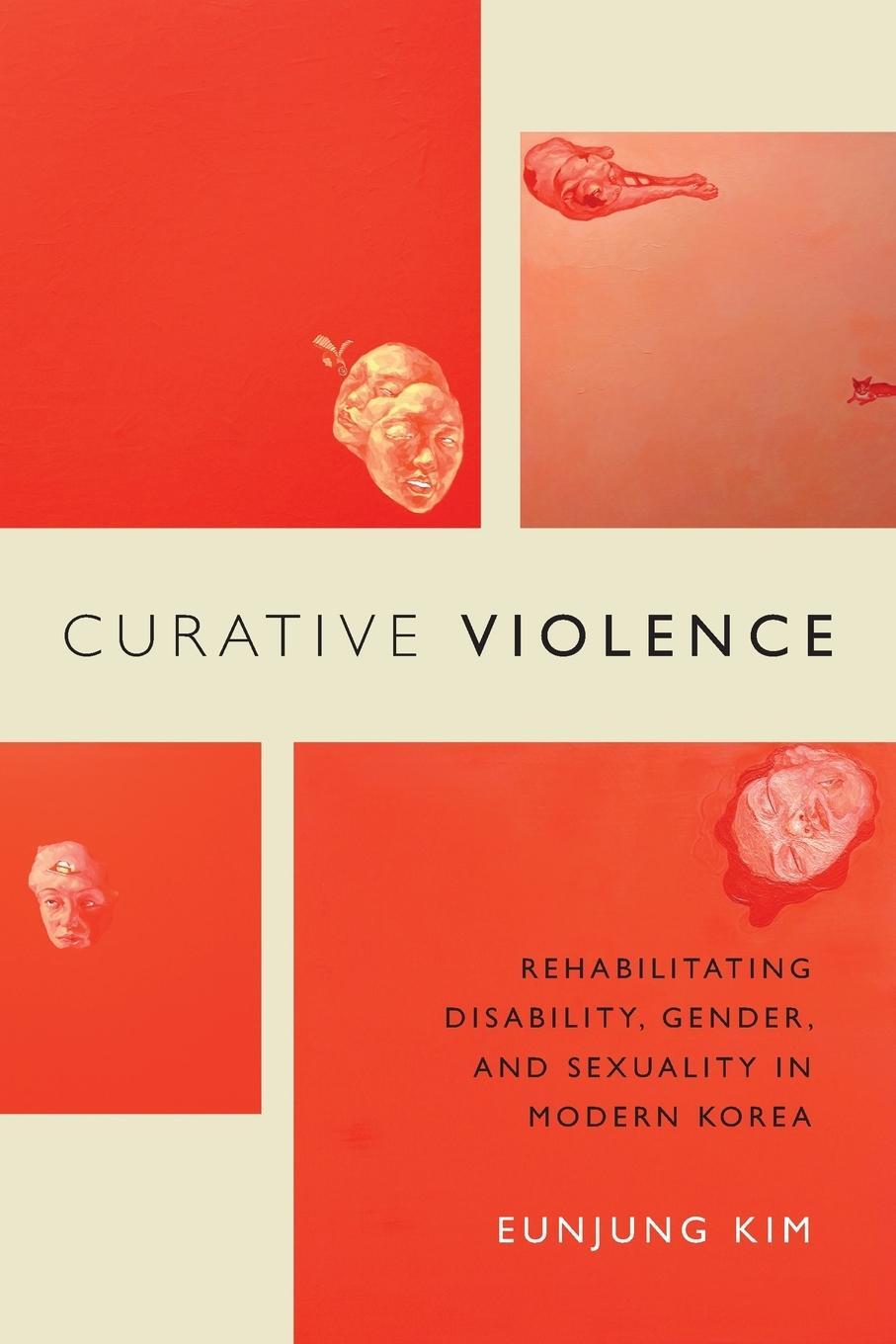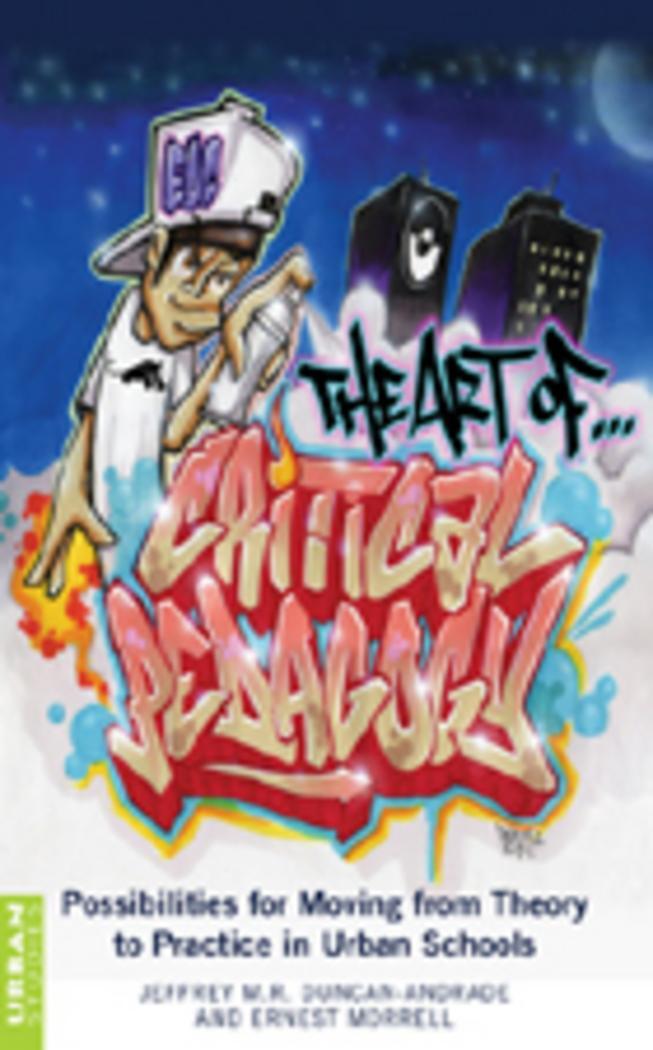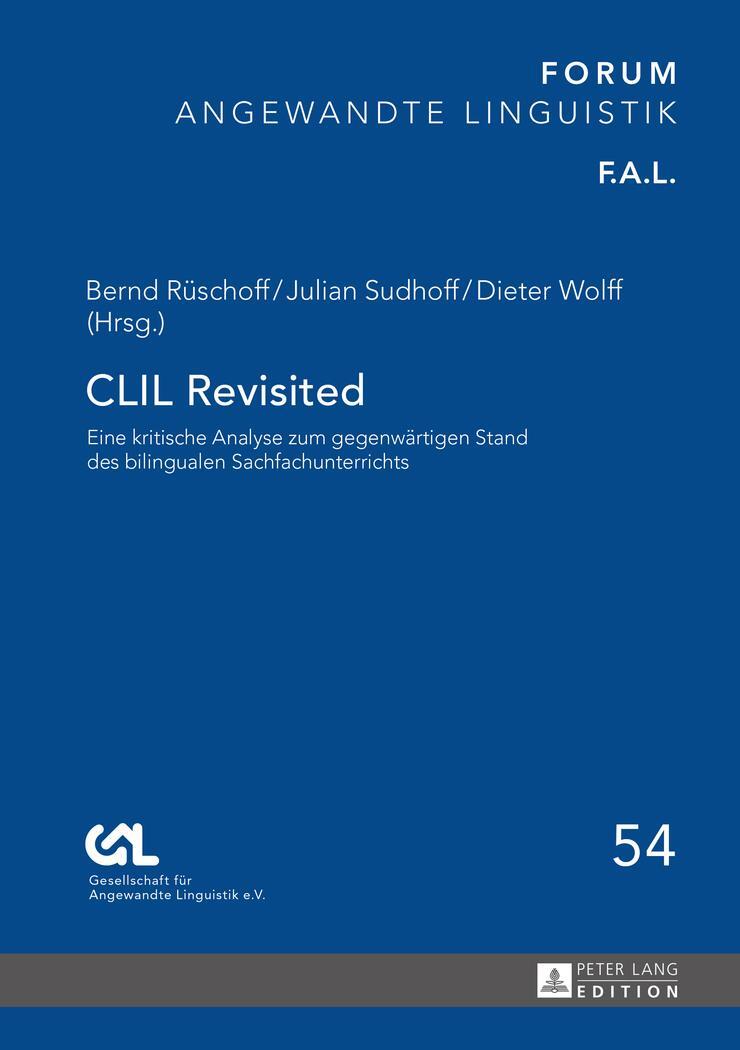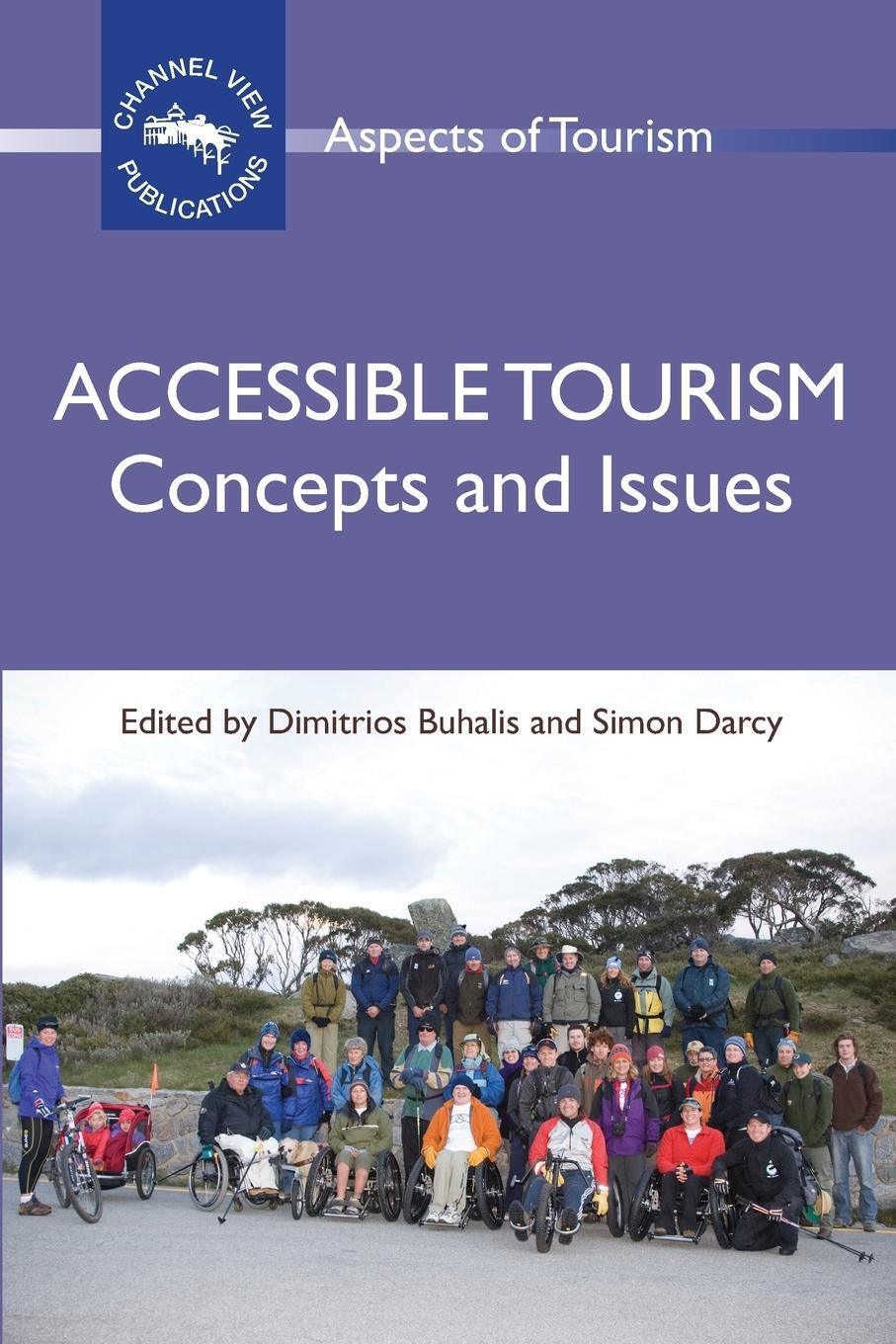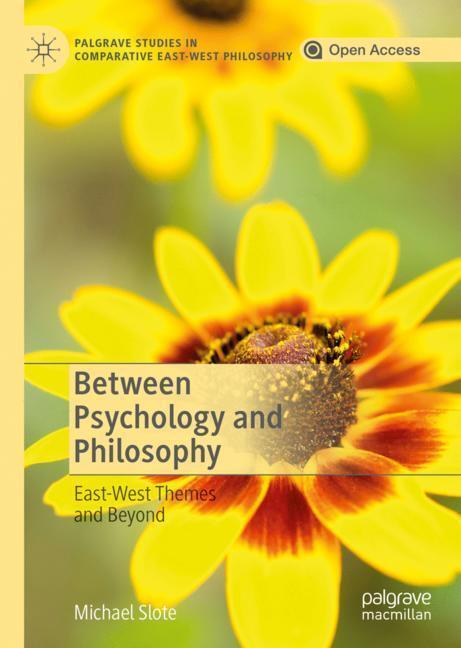Dekorationsartikel gehören nicht zum Leistungsumfang.
Sprache:
Englisch
35,90 €*
Versandkostenfrei per Post / DHL
Aktuell nicht verfügbar
Kategorien:
Beschreibung
In Curative Violence Eunjung Kim examines what the social and material investment in curing illnesses and disabilities tells us about the relationship between disability and Korean nationalism. Kim uses the concept of curative violence to question the representation of cure as a universal good and to understand how nonmedical and medical cures come with violent effects that are not only symbolic but also physical. Writing disability theory in a transnational context, Kim tracks the shifts from the 1930s to the present in the ways that disabled bodies and narratives of cure have been represented in Korean folktales, novels, visual culture, media accounts, policies, and activism. Whether analyzing eugenics, the management of Hansen's disease, discourses on disabled people's sexuality, violence against disabled women, or rethinking the use of disabled people as a metaphor for life under Japanese colonial rule or under the U.S. military occupation, Kim shows how the possibility of life with disability that is free from violence depends on the creation of a space and time where cure is seen as a negotiation rather than a necessity.
In Curative Violence Eunjung Kim examines what the social and material investment in curing illnesses and disabilities tells us about the relationship between disability and Korean nationalism. Kim uses the concept of curative violence to question the representation of cure as a universal good and to understand how nonmedical and medical cures come with violent effects that are not only symbolic but also physical. Writing disability theory in a transnational context, Kim tracks the shifts from the 1930s to the present in the ways that disabled bodies and narratives of cure have been represented in Korean folktales, novels, visual culture, media accounts, policies, and activism. Whether analyzing eugenics, the management of Hansen's disease, discourses on disabled people's sexuality, violence against disabled women, or rethinking the use of disabled people as a metaphor for life under Japanese colonial rule or under the U.S. military occupation, Kim shows how the possibility of life with disability that is free from violence depends on the creation of a space and time where cure is seen as a negotiation rather than a necessity.
Über den Autor
Eunjung Kim
Inhaltsverzeichnis
Acknowledgments vii
Introduction. Folded Time and the Presence of Disability 1
1. Unmothering Disability 42
2. Cure by Proxy 81
3. Violence as a Way of Loving 122
4. Uninhabiting Family 166
5. Curing Virginity 197
Conclusion. How to Inhabit the Time Machine with Disability 323
Notes 235
Bibliography 269
Index 285
Introduction. Folded Time and the Presence of Disability 1
1. Unmothering Disability 42
2. Cure by Proxy 81
3. Violence as a Way of Loving 122
4. Uninhabiting Family 166
5. Curing Virginity 197
Conclusion. How to Inhabit the Time Machine with Disability 323
Notes 235
Bibliography 269
Index 285
Details
| Medium: | Taschenbuch |
|---|---|
| Seiten: | 314 |
| ISBN-13: | 9780822362883 |
| ISBN-10: | 0822362880 |
| Sprache: | Englisch |
| Ausstattung / Beilage: | Paperback |
| Einband: | Kartoniert / Broschiert |
| Autor: | Kim, Eunjung |
| Hersteller: | Duke University Press |
| Maße: | 229 x 152 x 17 mm |
| Von/Mit: | Eunjung Kim |
| Erscheinungsdatum: | 20.01.2017 |
| Gewicht: | 0,457 kg |
Über den Autor
Eunjung Kim
Inhaltsverzeichnis
Acknowledgments vii
Introduction. Folded Time and the Presence of Disability 1
1. Unmothering Disability 42
2. Cure by Proxy 81
3. Violence as a Way of Loving 122
4. Uninhabiting Family 166
5. Curing Virginity 197
Conclusion. How to Inhabit the Time Machine with Disability 323
Notes 235
Bibliography 269
Index 285
Introduction. Folded Time and the Presence of Disability 1
1. Unmothering Disability 42
2. Cure by Proxy 81
3. Violence as a Way of Loving 122
4. Uninhabiting Family 166
5. Curing Virginity 197
Conclusion. How to Inhabit the Time Machine with Disability 323
Notes 235
Bibliography 269
Index 285
Details
| Medium: | Taschenbuch |
|---|---|
| Seiten: | 314 |
| ISBN-13: | 9780822362883 |
| ISBN-10: | 0822362880 |
| Sprache: | Englisch |
| Ausstattung / Beilage: | Paperback |
| Einband: | Kartoniert / Broschiert |
| Autor: | Kim, Eunjung |
| Hersteller: | Duke University Press |
| Maße: | 229 x 152 x 17 mm |
| Von/Mit: | Eunjung Kim |
| Erscheinungsdatum: | 20.01.2017 |
| Gewicht: | 0,457 kg |
Warnhinweis

